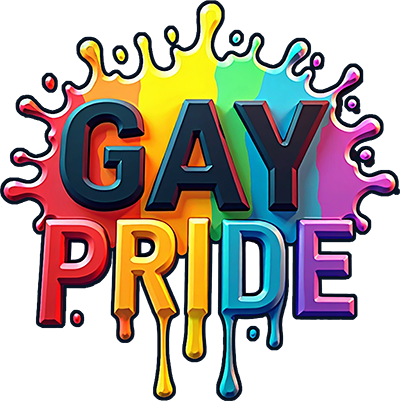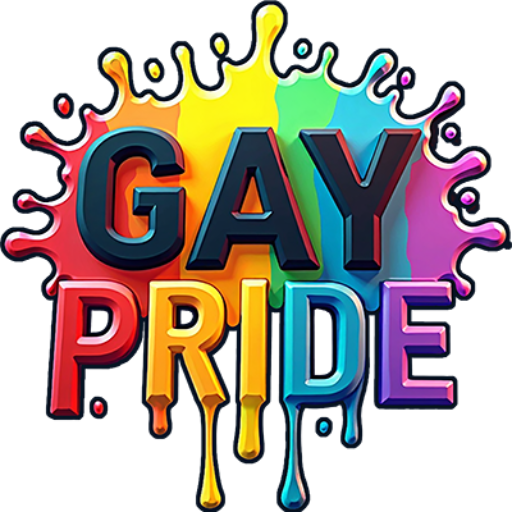The Importance of Queer History Education: Unveiling the Past for a Better Future 🌈
In today’s diverse world, understanding and embracing the histories of all communities is crucial for fostering inclusivity and respect. Queer history, in particular, often remains marginalized, yet its education is essential for building a more accepting society. Join us as we explore why queer history education is indispensable and how it impacts individuals and communities alike.
Table of Contents
1. Introduction
2. Understanding Queer History
3. Why Queer History Education Matters
4. Impact on Individuals and Society
5. Challenges in Teaching Queer History
6. How to Integrate Queer History in Education
7. Conclusion
8. FAQ
Introduction
History is more than just a collection of dates and events; it’s the narrative of humanity itself. Yet, for too long, significant portions of this narrative have been omitted, particularly those related to the LGBTQ+ community. As we push for a more inclusive future, understanding queer history isn’t just beneficial—it’s necessary. Let’s dive into why this aspect of history deserves our attention.
Understanding Queer History
Queer history encompasses the experiences, struggles, and triumphs of LGBTQ+ individuals throughout time. From ancient civilizations to modern-day movements, queer history is rich with stories of resilience and courage. It involves the study of pivotal events, such as the Stonewall Riots, the fight for marriage equality, and the ongoing battle against discrimination. Recognizing these events and figures helps us appreciate the progress made and the challenges that remain.
Why Queer History Education Matters
Understanding queer history is not just about acknowledging the past—it’s about shaping the future. Here’s why it’s crucial:
1. Promotes Acceptance and Empathy 🤝
Learning about the struggles and contributions of LGBTQ+ individuals fosters empathy and diminishes prejudice. It allows students to appreciate diversity and understand the importance of inclusivity.
2. Provides Role Models and Inspires 🌟
Queer history introduces students to role models who have overcome adversity, offering inspiration and hope. It shows that individuals from all backgrounds can make significant contributions to society.
3. Corrects Historical Injustice 📚
For too long, queer voices have been silenced or ignored in historical narratives. Including queer history in education corrects this imbalance, ensuring a more accurate and comprehensive understanding of our past.
Impact on Individuals and Society
Queer history education has profound effects on both individuals and society at large. On a personal level, it empowers LGBTQ+ students by validating their identities and experiences. It also educates allies, equipping them with the knowledge to support and advocate for LGBTQ+ rights effectively.
Societally, understanding queer history contributes to a more inclusive culture. It challenges stereotypes and breaks down barriers, fostering a community where everyone feels valued and respected. This cultural shift is essential for achieving equality and justice for all.
Challenges in Teaching Queer History
Despite its importance, teaching queer history comes with challenges. Resistance from conservative groups, lack of resources, and insufficient teacher training can all hinder its integration into curricula. However, overcoming these obstacles is possible with commitment and collaboration among educators, policymakers, and communities.
How to Integrate Queer History in Education
Integrating queer history into education requires thoughtful approaches and strategies:
1. Develop Inclusive Curricula 📚
Schools should incorporate queer history into existing subjects, ensuring it’s seen as a vital part of the broader historical context.
2. Provide Teacher Training 🎓
Educators need resources and training to confidently teach queer history, ensuring they can handle sensitive topics with care and respect.
3. Engage the Community 🤝
Involving parents, students, and local LGBTQ+ organizations can foster a supportive environment that champions the importance of queer history education.
Conclusion
Queer history education plays a pivotal role in shaping a more inclusive and empathetic society. By understanding the past struggles and triumphs of the LGBTQ+ community, we can work towards a future where everyone is valued and respected. As we continue to embrace diversity in all its forms, let’s ensure that queer history holds a rightful place in our educational narratives.
FAQ
1. Why is queer history often left out of traditional curricula?
Queer history has historically been marginalized due to societal prejudices and a lack of awareness about its significance. Efforts are now being made to rectify this exclusion.
2. How can parents support queer history education?
Parents can advocate for inclusive curricula in schools, engage in open discussions about LGBTQ+ history at home, and support local LGBTQ+ organizations.
3. What are some key events in queer history that should be taught?
Key events include the Stonewall Riots, the AIDS crisis, and the legalization of same-sex marriage, among others.
4. How can queer history education benefit non-LGBTQ+ students?
It promotes empathy, breaks down stereotypes, and encourages a broader understanding of history, benefiting all students by fostering an inclusive mindset.
5. Where can educators find resources for teaching queer history?
Resources can be found through LGBTQ+ organizations, educational websites, and professional development workshops focused on inclusive education.

